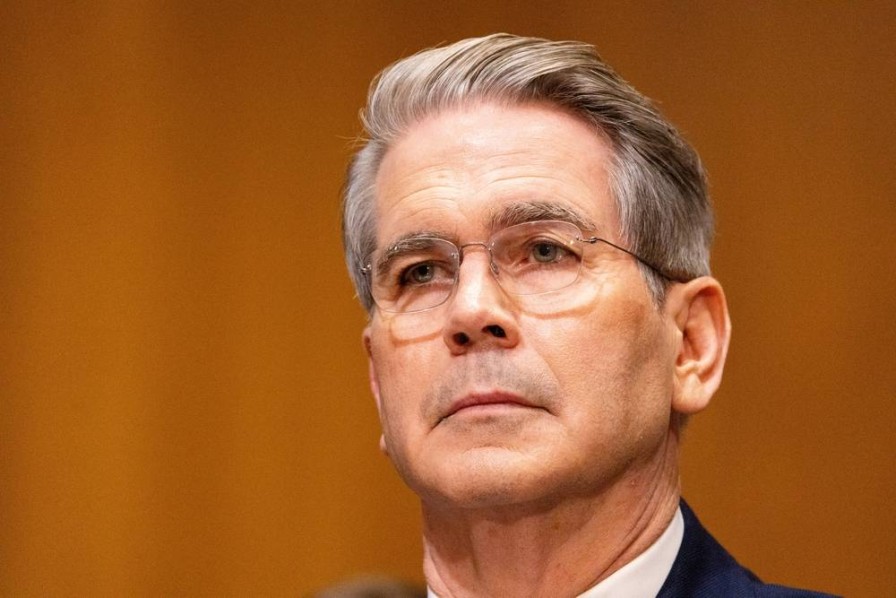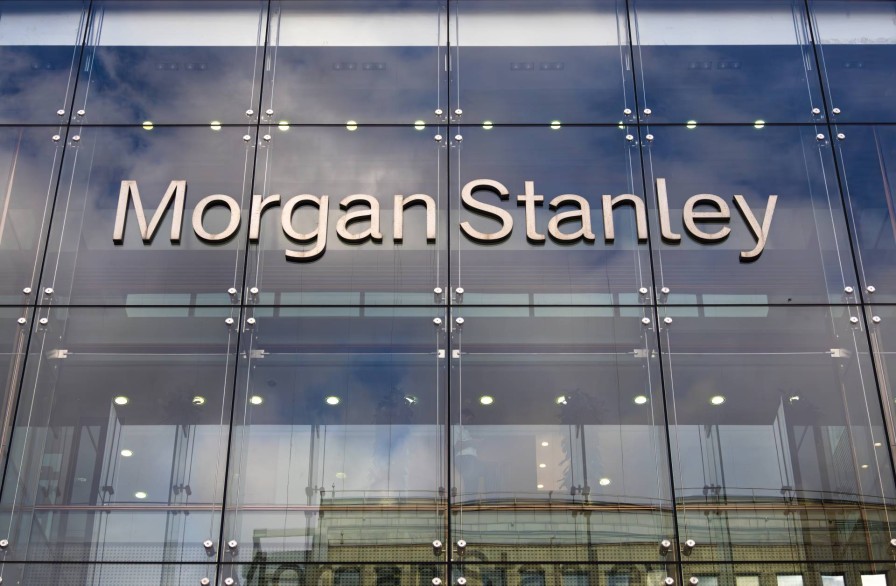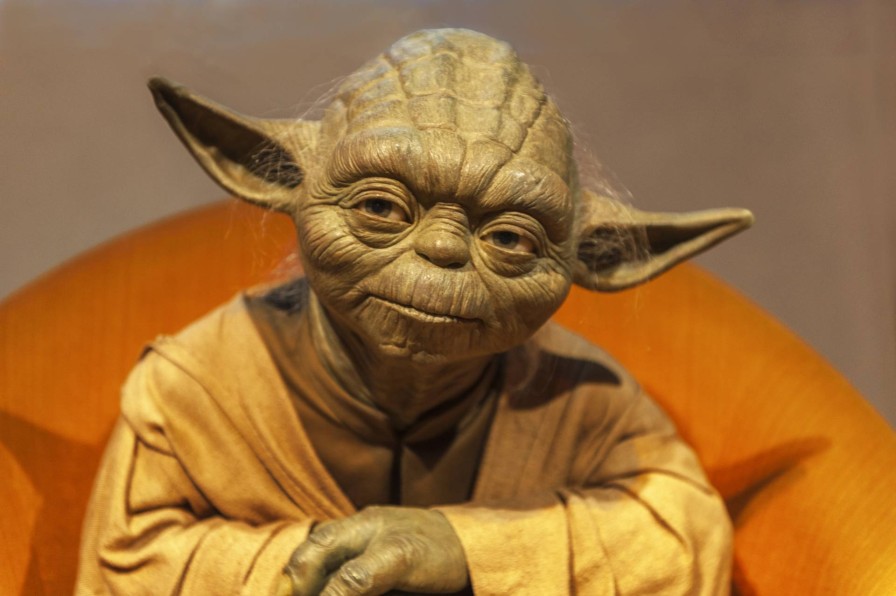Markets choppy on trade tensions; Afghanistan border clashes
And US$40 billion data centre sale the asset class's largest-ever deal.
And US$40 billion data centre sale the asset class's largest-ever deal.
Good morning and welcome to today's wrap of the major business and political headlines from around the world you need to know this Thursday.
First up, US markets have given up earlier gains on ongoing concerns about a trade war with China.
The S&P 500 had been up as much as 1.2% but those gains were wiped out late in the day as Treasury Secretary Scott Bessent said the World Bank must "concentrate its resources on poorer, less creditworthy countries where its support is most needed and most impactful”, which would include ending support for China. US President Donald Trump had earlier also threatened China with a cooking oil embargo in retaliation for Beijing not buying US soybeans.
The Dow Jones Industrial Average was also down 0.3% after an earlier rise, while the tech-heavy Nasdaq was flat, having earlier rallied 1.4%. Nvidia traded 0.6% lower, having earlier risen as much as 2.7%.
Bloomberg reports that some investors are suggesting a pause is also warranted after a six-month, US$28 trillion ($49tr) bull-market run – one of the best six-month stretches for equities since the 1950s. Gold has continued its record climb, hovering around US$4,200.
“Equity markets have stalled following an impressive run, as bears focus on trade uncertainty while bulls point to encouraging earnings,” Nationwide's Mark Hackett told the publication. “This looks more like a healthy reset than a pullback; a market catching its breath, not losing its footing.”

US Treasury Secretary Scott Bessent.
Federal Reserve Governor Stephen Miran also told an event organised by CNBC that recent trade tensions had increased uncertainty in the growth outlook.
“There’s now more downside risks than there was a week ago, and I think it’s incumbent upon us as policymakers to recognise that should get reflected in policy," he said.
But at the same event, Bessent said the US would not negotiate just because the stock market was going down. "We will negotiate because we are doing what is best economically for the US."
Big banks were among the bright spots, however, with both Morgan Stanley and Bank of America rallying after beating estimates in their latest financial results.
Macquarie, meanwhile, has struck a deal to sell its Texas-based Aligned Data Centers business for US$40b in what is the asset class's largest-ever deal, the Australian Financial Review reports.
The network of 50 data centres in North and South America were sold to a consortium including BlackRock, Nvidia and Microsoft. The deal follows Macquarie's A$23.5b ($26.7b) sale of Australia's AirTrunk to Blackstone last year, as soaring demand for artificial intelligence services drives investment in data centres.

To the Pakistan-Afghanistan border now, where the Taliban government has agreed to a temporary ceasefire after fresh border clashes and reports of Pakistani air strikes on Kabul and Kandahar, the BBC reports.
A Taliban spokesperson earlier said 12 civilians had been killed and more than 100 wounded by Pakistani firing. Explosions had rocked Afghanistan last week, with each side accusing the other of initiating deadly clashes – the Taliban has denied claims they are harbouring militants targeting Pakistan.
Meanwhile, Israel has claimed one of the bodies handed over by Hamas as part of the Gaza ceasefire deal is not one of the hostages they claimed them to be. Seven of the deceased hostages have been handed over, alongside the 20 living hostages who were released earlier this week.
Under the agreement, Hamas was supposed to return all living and deceased hostages within 72 hours, but the militant group says finding some of the remains amid the Gaza rubble will take longer.
At the same time, United Nations Under-Secretary-General for Humanitarian Affairs Tom Fletcher has told Reuters that Gaza needs a massive boost in emergency aid, with the hundreds of relief trucks cleared to enter so far nowhere near the thousands needed.
“We have 190,000 metric tons of provisions on the borders waiting to go in, and we’re determined to deliver. That’s essential life-saving food and nutrition,” Fletcher said.

Finally today, the Guardian reports that a review of archival Star Wars sources suggests filmmakers made a late decision to switch the colour of Yoda from blue to green.
In the final screenplay for The Empire Strikes Back, it was written that Luke Skywalker and R2-D2 were confronted by a small creature in the swamp-covered planet of Dagobah.
“Mysteriously standing right in front of Luke is a strange, bluish creature, not more than two feet tall. The wizened little thing is dressed in rags,” reads the screenplay.
The change has raised questions because most other elements from the text, written by Leigh Brackett and Lawrence Kasdan, were kept in the feature film.
Attempts to seek comment from Lucasfilm and its parent company, the Walt Disney Company, went unanswered, the Guardian reported.
Sign up to get the latest stories and insights delivered to your inbox – free, every day.